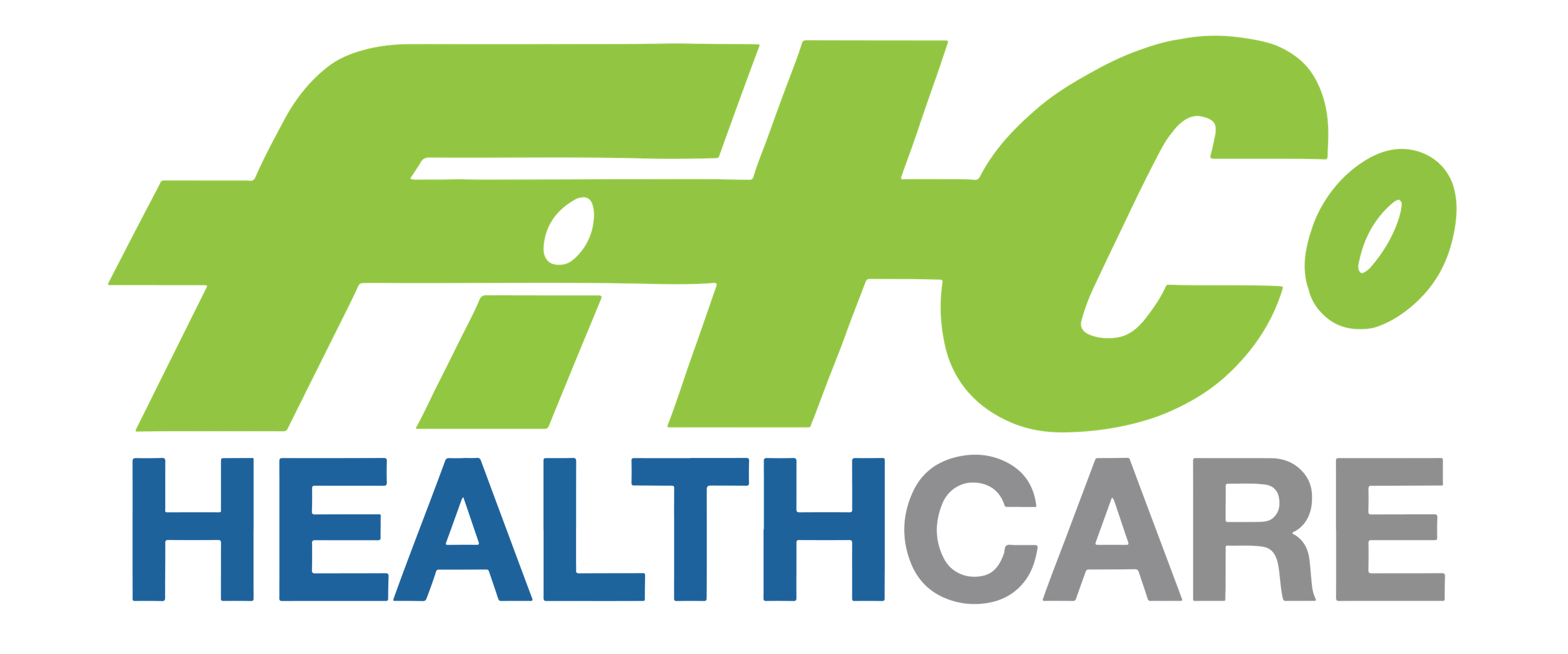Book Your Initial Appointment
Make an appointment at your preferred time, for an initial exercise physiology consultation, providing any relevant medical information to assist your EP.
Attend Treatment Sessions
Attend supervised sessions with your Exercise Physiologist who will demonstrate your prescribed exercises that you will perform in at your chosen facility or location.
Safely Complete Your Prescribed Exercises
Your Exercise Physiologist will give you prescribed exercises for you to perform independently before your next supervised exercise physiology session.
Book Your Appointment
Schedule an initial consultation at your preferred time and provide any relevant medical information.
Attend Your Appointments
Attend supervised treatment sessions with your EP to learn how to perform your prescribed exercises.
Complete Your Exercises
Between supervised treatment sessions complete prescribed exercises to continue your progress.



